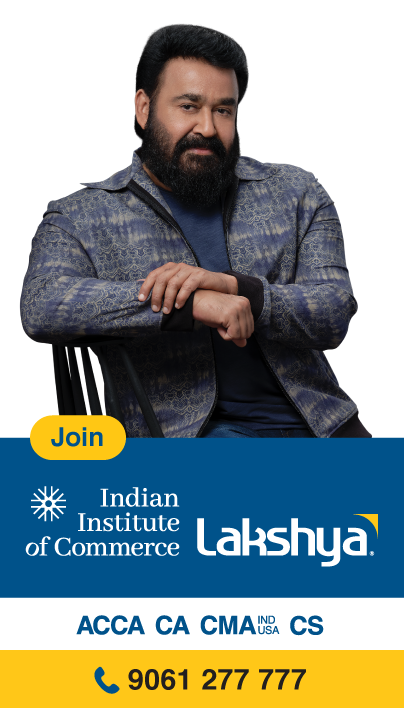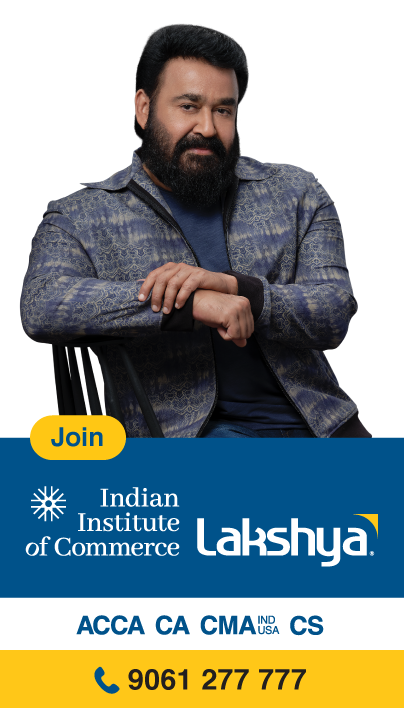Picking the right subjects after the 10th can be a bit challenging as it will determine the career options that will open up for them afterwards. It will determine the way they will be preparing for the 12th exam and more importantly pick a course after that for their graduation.
In this article, we will discuss the top courses students can take if they do not wish to take maths along with commerce. This will open up doors to having a career in accountancy, law, management, banking or insurance amongst other options. They can then pick the diplomas, bachelor's, master's degrees or certificate courses based on this choice.
Outline:
- Bachelors in Commerce (B.Com)
-
Bachelor’s in Business Administration (BBA)
-
Bachelor in Law (LLB)
-
CA (Chartered Accountancy)
-
CMA (Certified Management Accountancy)
-
CS (Company Secretary)
-
ACCA ((Association of Chartered Certified Accountants)
-
Hotel Management Courses
-
Bachelors in Commerce (B.Com)
Bachelors in Commerce (B.Com) has been a quintessential commerce course for decades now, and for good reason. It is a course that you can choose with ease if you are looking for something without maths. A B.Com degree is a three-year course which deals with the fundamental concepts of finance, accounting, business, and other commerce-related subjects; this course gives you an outline of diverse commerce fields and gets you prepares for the same.
In a B.Com course, you get to study corporate tax, company law, financial accounting, bookkeeping, business management, audition, etc. This degree, therefore, helps you to further your education in commerce and prepares you with a working knowledge of commercial aspects like finance, investments, banking, management, etc. The only downside to the course is that it is not very in-depth, so you will have to do a master's degree after this before you start working.
-
Bachelor’s in Business Administration
This course is an ideal pick for someone who wishes to climb high up the corporate ladder to a Managerial Position, or for someone who wants to get into business. A BBA degree acquaints you with the basics of management, business method, and related subjects.
There is a myriad of specializations you can pick from such as Marketing, Finance, Human Resources etc. based on your interest. It helps you have a strong foundation to learn and understand the advanced concepts of management and organization. If you are planning on taking an MBA post the degree then this would be the right pick for you as it would cover all the basics
-
Bachelor in Law (LLB)
Another widely popular career choice for 12th students is Bachelor in Law. While the traditional LLB degree is a postgraduate course, now students also have a chance to pursue this as an integrated course. This means that if you do a BA along with LLB then you can get a law degree right after you complete your 12th exams. The integrated course for law is a five-year course, but with it, it is not necessary for you to pursue a law degree separately.
Some integrated law programmes include:
- Com. LLB
- BBA LLB
- BA LLB
After finishing your LLB degree, you can pursue a career as a legal advisor, or lawyer, or pass the state-level exams to become a judge. Apart from these career options, you can pursue higher studies and specialize in specific laws.
-
CA (Chartered Accountancy)
Chartered Accountancy is one of the most popular career options in commerce that doesn’t require you to study maths. CA even provides you with an option to start preparing for the course right after you finish your 10th exam. The CA exam consists of 3 stages that are CA foundation, intermediate and final. After you complete the second stage, students are required to go through some practical training called Articleship. This three-year course is an excellent way to start an accounting career.
CA is one of the most highly reputable and stable career options out there. They are very much in demand due to their unique job profile. They are also one of the most highly remunerate people, A Chartered Accountant in India earns INR 7.8 Lakh per year (an average CA with a few years of experience). So it’s certainly a lucrative career after 12th commerce without maths.
-
CMA (Certified Management Accountancy)
CMA is another widely popular accountancy professional course. This course is also gaining a lot of popularity as you can be a working professional in just one year. CMA is considered a gold standard in accounting and is a globally recognised profession. This means that with this qualification you can work anywhere in the world. Most MNCs are on the lookout for a CMA as this course will equip its students with the concepts of both Management and Finance.
A CMA qualified individual can climb up to a managerial position with ease. According to a recent survey, a CMA holder will get 62% more in their salary compared to a non-CMA counterpart. A CMA is responsible for analyzing and parsing data from various sources to enhance performance improvement. The average income of a CMA in India is INR 7.9 Lakh per annum. So it’s undoubtedly a fantastic career after 12th commerce without maths.
- CS (Company Secretary)
Company Secretary is another fantastic option for students who do not wish to pursue a course in maths. The role of a company secretary is not just limited to the administrative affairs of an organization. Company secretaries confirm that the organization follows all the rules and regulations. They need to make sure that the dividends are paid and records of the same have to be maintained. They assist the board of directors in meeting and understanding different regulatory issues.
A CS has to guarantee that their organization submits all the required legal filings such as annual earning disclosures, tax obligations, quarterly earning disclosures, and many others. Students who wish to pursue this course need to appear for the CSEET exam, which is an entry-level exam. It’s a job that not only provides high levels of job satisfaction but is also financially rewarding. On average a Company Secretary will have a starting pay package of 5.8 Lakhs and if you have been in this industry for more than 10 years then you will get anywhere upwards of 14LPA.
- ACCA (Association of Chartered Certified Accountants)
ACCA stands for The Association of Chartered Certified Accountants. ACCA qualification is the most respectable way to build a better career in Accounts and Finance. There are numerous roles that are performed by ACCA accredited individuals and these include financial analyst, treasurer, business analyst, funds manager, group accountant and financial manager.
The course takes a minimum of 3 years to be completed, during which 14 papers need to be attempted. It is a very flexible course as students can write the papers at any time during the 4 exam windows. The additional benefit is that in the event that they do not clear one paper they need only write that particular paper and not the whole group, unlike other accountancy courses. ACCA opens the door to opportunities in top firms such as KPMG, Ernst & Young, Deloitte, and PwC. ACCA is a globally recognized professional course, They have tie-up employers worldwide, which has resulted in more than 208,000 fully qualified members and 503,000 students in 181 countries.
- Hotel Management Courses
A Bachelor of Hotel Management (BHM) is a 3-year long bachelor's degree. It is a course that allows students to specialize in the culinary and hospitality sciences. It is a very job-focused programme that will ensure that you will have an outstanding career in the hotel management section. Other hotel management and hospitality programs involve the following courses:
- Bachelor of Hospitality and Catering Technology
- Bachelor of Food and Beverages Production
- BBA in Hotel Management
- Bachelor of Catering Management
- BA in Culinary Arts
- BA in Hotel Management
These are just a couple of the courses that have high growth opportunities and are well remunerated. Students also have a lot of options today apart from the courses mentioned such as a career in event management, Bachelor in arts, a career in travel and tourism, coding, digital marketing, Bachelor in foreign trade, digital design, journalism, Bachelor in Mass Media and more. Unlike the times before, the opportunities that are available now for students are very vast.
If you wish to know more about the courses listed, or would like to get some career advice, please feel free to reach out to our career experts. They will give you also the information and guidance you need.

 ABOUT LAKSHYA
ABOUT LAKSHYA  WHY CHOOSE LAKSHYA
WHY CHOOSE LAKSHYA  MISSION AND VISION
MISSION AND VISION 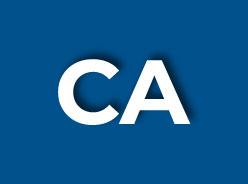 CHARTERED ACCOUNTANCY (CA)
CHARTERED ACCOUNTANCY (CA) 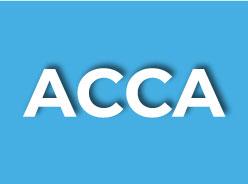 ACCA
ACCA 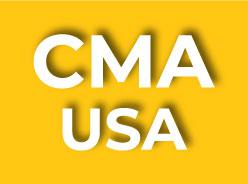 CMA-USA
CMA-USA  RESULTS
RESULTS 